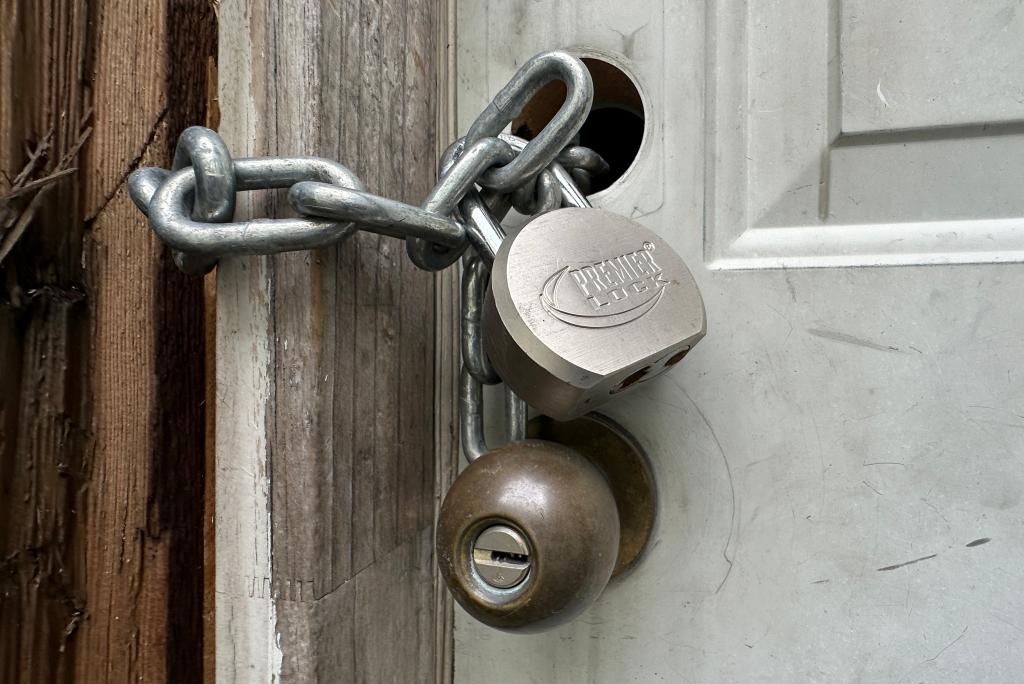The City Council of New York City is considering a new bill that would address the issue of squatters taking over properties in the city. The bill, introduced by Councilwoman Susan Zhuang, would require the NYPD and other city agencies to provide a quarterly report on squatter properties. This report would include information such as the addresses of known squatter houses and the number of days the property has been under squatter control. Zhuang believes that squatters should not be above the law and that squatting should be classified as an illegal act.
Zhuang emphasized the importance of addressing the squatter crisis, particularly in her southern Brooklyn district. She shared a disturbing example of a union worker who had to continue paying thousands of dollars for a mortgage on a home that he and his hospitalized wife could not live in because it had been taken over by a squatter who caused significant issues in the neighborhood. She highlighted the fear and uncertainty that residents face, with the risk of returning from vacation to find their homes occupied by someone else. Zhuang expressed frustration with the current classification of squatting as a landlord and tenant issue, which often leads to the matter being passed to housing court without sufficient data on the extent of the problem.
The proposed bill aims to create transparency around the issue of squatting by tracking and listing properties taken over by squatters in an online database. The quarterly report would provide valuable information about the prevalence of squatting in the city, as well as the responses of law enforcement and city officials to complaints about squatter-occupied properties. By making this information publicly available, the bill seeks to hold squatters accountable for their actions and prevent them from continuing to take advantage of property owners and residents. Zhuang hopes that by criminalizing freeloading in the Big Apple, the bill will help address the squatting crisis and protect the rights of property owners and residents in New York City.
The bill has garnered support from city officials who recognize the need to address the issue of squatters in a more proactive and transparent manner. By requiring regular reporting on squatter properties and making this information publicly available, the bill aims to deter squatters from taking over properties and create a more accountable system for addressing the problem. As the bill moves through the City Council, it will be important to consider the potential impact on property owners, residents, and law enforcement agencies, as well as the effectiveness of criminalizing freeloading as a means of addressing the squatter crisis in New York City.


